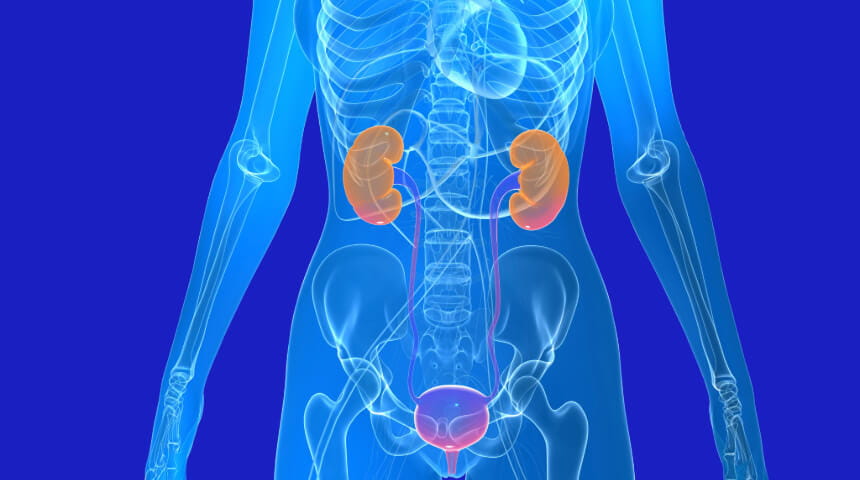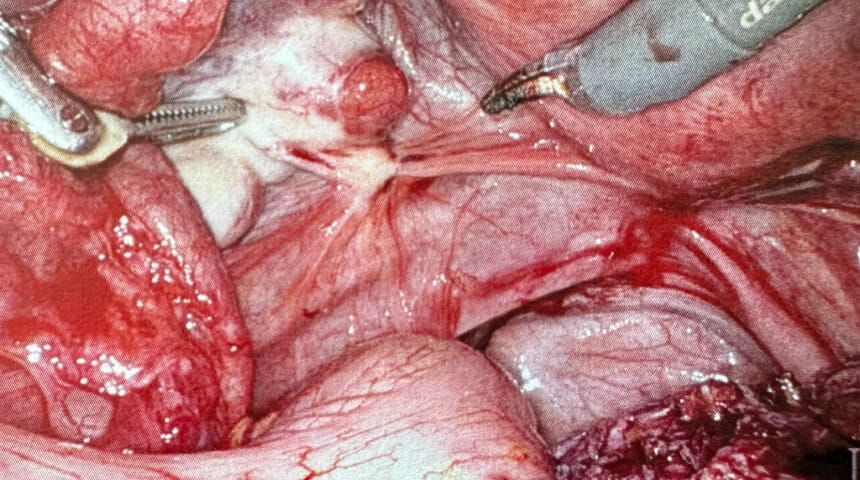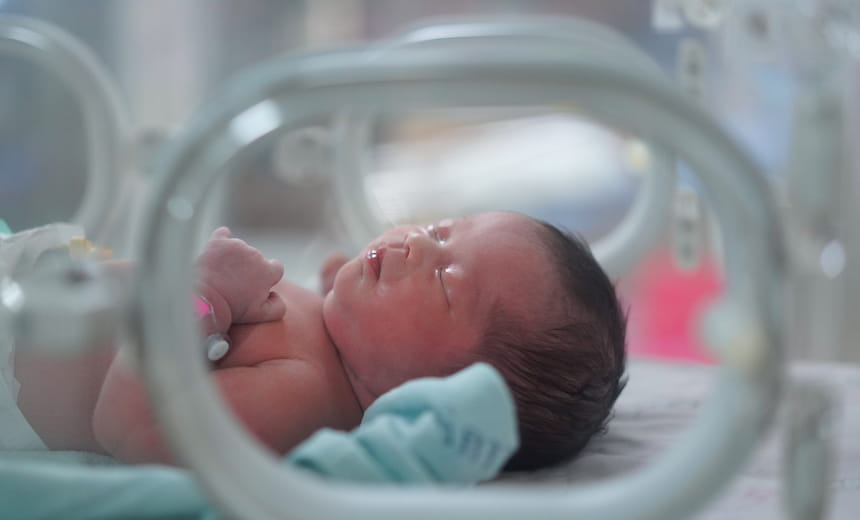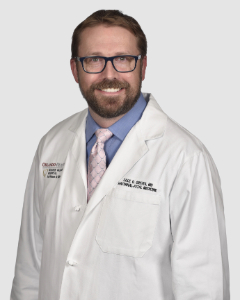
Internationally recognized surgical specialists at Orlando Health Women's Institute Fetal Care Center are successfully treating a variety of fetal anomalies and congenital conditions antenatally with intricate in-utero surgical procedures. The center, part of Orlando Health Women's Institute Center for Maternal-Fetal Medicine, is among a handful of programs nationwide capable of complex prenatal repair through open fetal surgery.
To expand access and enhance services for high-risk pregnancies, Orlando Health opened in June a new, state-of-the-art Fetal Care Center. The 5,725-square-foot facility, located at Orlando Health Winnie Palmer Hospital for Women and Babies, is equipped with six ultrasound exam rooms, two fetal non-stress test (NST) bays and conferencing space with connectivity to the hospital's operating rooms. This enables direct consultations with surgical teams in real time — a major benefit for both colleagues from around the globe as well as for families facing complex fetal diagnoses and in-utero procedures.
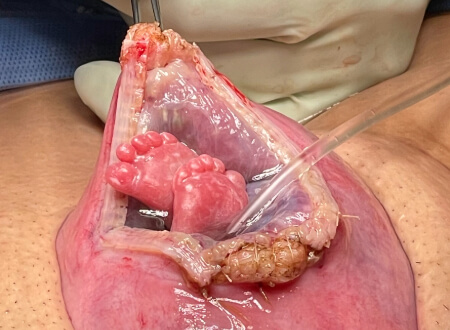
“Complicated surgical techniques demand a well-coordinated multidisciplinary team that is patient focused from diagnosis to delivery,” says Cole Greves, MD, a board-certified, maternal-fetal medicine surgeon and co-director of the Fetal Care Center. “Very few fetal care centers offer the full spectrum of services and sophisticated level of care we can provide for mothers and fetuses with high-risk conditions. We are constantly refining our fetal surgical techniques to best address in-utero repair of abnormalities.”
In 2018, Orlando Health became one of the first programs in the Southeast to offer open fetal repair of myeloschisis and myelomeningocele to qualified patients, utilizing microneurosurgical techniques. To date, Orlando Health specialists have performed more than 50 such surgeries.
Other fetal surgical repairs offered at the center include:
- Interventional fetoscopy. Minimally invasive procedures performed percutaneously for treatment of twin-to-twin transfusion syndrome, selective fetal growth restriction, twin anemia polycythemia syndrome and amniotic band syndrome, among other conditions.
- Laser or radio-frequency ablation for twin reversed arterial perfusion (TRAP) sequence: In-utero intervention to address a rare complication of monochorionic twin pregnancies where the normal vascularity of the viable twin with a working heart needs to be separated from the reversed circulation of the non-viable acardiac twin.
- Ex-utero intrapartum treatment (EXIT): Complex and risky intervention to localize and establish a definitive fetal airway while maintaining placental circulation prior to birth for fetuses with congenital airway obstructions or cardiopulmonary malformations.
“During an EXIT procedure, we partially deliver the baby to expose the area to be operated upon but leave the baby on placental bypass to ensure oxygenation,” says Dr. Greves. “This enables us to intubate, create a tracheostomy or perform tumor debulking to expose and open a fetal airway to allow proper breathing and circulation. Upon completion, we fully deliver the baby.”
Orlando Health is dedicated to revolutionizing patient care with superior outcomes advanced by specialists who are skilled in the most leading-edge technologies and involved in advanced clinical research and training. The Orlando Health Fetal Care Center offers personalized care by maternal-fetal experts pioneering innovative therapies using the latest technology to treat a wide array of fetal conditions and improve patient outcomes.


